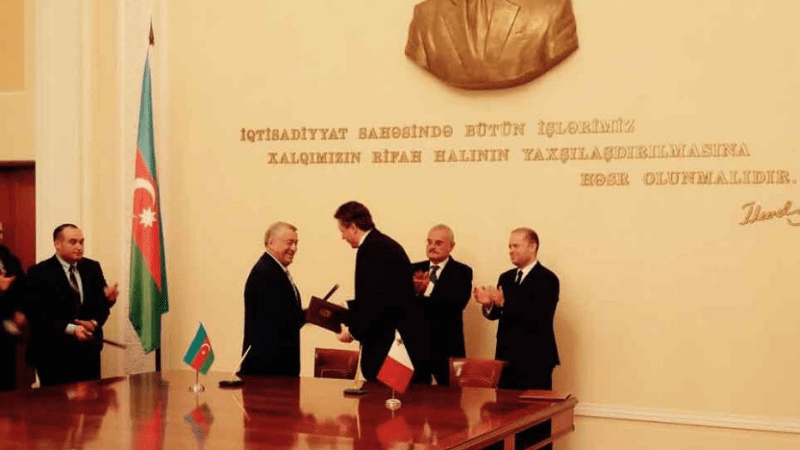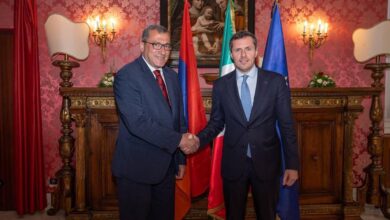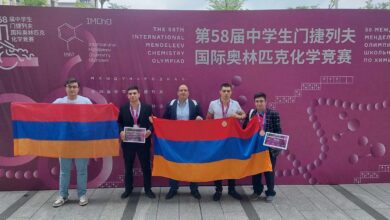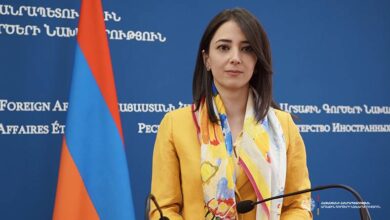
A Federal Court in Switzerland has thrown out Azerbaijan’s SOCAR attempts to block the sharing of banking information with Latvian police related to investigations of suspicious money movements in 2017 – they are linked to an agreement signed between the Maltese government and SOCAR Trading, The Shift reports.
The ‘Security of Supply Agreement’ was signed by disgraced former Minister Konrad Mizzi with SOCAR Trading in 2015, undertaking to buy liquified natural gas (LNG) for the Electrogas power station for 18 years at ridiculously inflated prices.
The Shift had revealed it was former Minister Konrad Mizzi who personally signed the agreement between the government and SOCAR Trading for the supply of liquified natural gas (LNG) to the Electrogas power station for 18 years, based on the findings of an FIAU report leaked by MEP David Casa.
The Shift also reported how the Maltese government had gone to great lengths to hide the existence of this LNG agreement from the European Commission. To date, this agreement has not been made public. Requests for copies, even in parliament, have been repeatedly stonewalled.
The investigation is described as focusing on around €28 million exchanged between SOCAR entities based in Dubai and two unidentified limited partnerships through, among others, Latvian banks in 2017-2018 relating to this agreement.
Limited partnerships, typically Scottish, have featured in a number of Azerbaijani and Russian laundromat and high profile bribery investigations, due in no small part to the anonymity offered by these vehicles.
In 2018, Latvian banking authorities shut down ABLV Bank following intense pressure from US authorities to close what it effectively called ‘a laundromat’. It is understood that this investigation stems, at least in part, from data seized from ABLV Bank.
The request from Latvian police targeted banking information and transactions by SOCAR Trading through its Geneva-based bank in order to investigate the origin of, among other things, these €28 million.
SOCAR objected to the sharing of bank data with Latvian authorities due to the risk that “in future Malta will open proceedings against it for these facts” and that Latvia would, if requested, likely share that information with Malta.
SOCAR contended that the facts “do not constitute money laundering in Malta”, so accordingly such further data sharing would be in breach of the European Convention on Mutual Assistance in Criminal Matters.
The Swiss Court rejected SOCAR’s claim noting that the company had failed to support its concerns with concrete evidence of its fear of a breach of the Convention.
SOCAR also sought to limit the years of banking information being shared with Latvia. The request was also rejected by the Swiss Court noting that it should not limit Latvian authorities’ discretion to investigate all relevant facts.
The judgement was confirmed on appeal.








